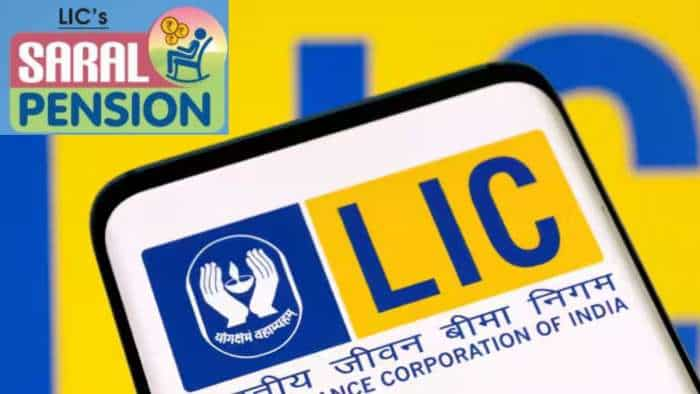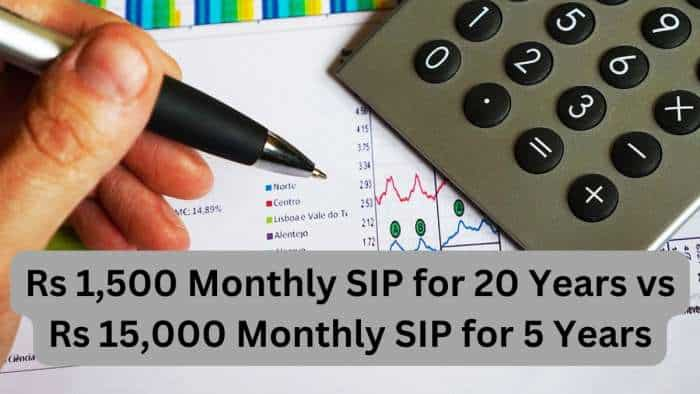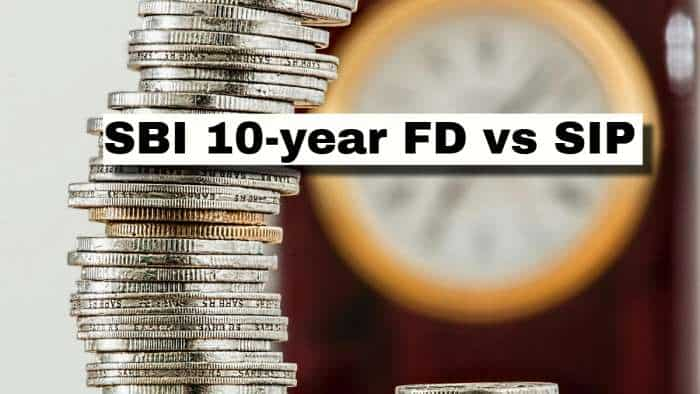Income Tax Return filing: General FAQs taxpayers should know
Income Tax Return filing: Income Tax is a tax levied on the income of every person by the Government of India. The provisions governing the Income-tax are covered in the Income-tax Act of 1961.

Income Tax Return filing: Every salaried person whose total income exceeds the basic exemption limit has to mandatorily file the ITR. Citizens find themselves tied between basic questions related to income tax at times, here are a few frequently asked questions.
What is Income Tax?
Income Tax is a tax levied on the income of every person by the Government of India. The provisions governing the Income-tax are covered in the Income-tax Act of 1961.
Who is supposed to pay taxes?
Income tax is to be paid by every 'person'. The term 'person' covers in its ambit natural as well as artificial persons.
Click Here For Latest Updates On Stock Market | Zee Business Live
The term 'person' includes Individuals, Hindu Undivided Families (HUFs), Association of Persons (AOPs), Body of individuals (BOIs), firms, LLPs, companies, local authorities and any artificial juridical persons not covered under any of the above. Hence, apart from a natural person (an individual), any sort of artificial entity is also liable to pay income tax.
What is the administrative framework of Income-tax?
The government's revenue functions are managed by the Ministry of Finance. The Central Board of Direct Taxes (CBDT) is a part of the Department of Revenue in the Ministry of Finance that has been entrusted with the task of administration of direct taxes like income tax, wealth tax, etc.
CBDT deals with essential inputs for policy framing and planning of direct taxes and also administers the direct tax laws through the income tax department. Hence, income tax law is administrated under the control and supervision of the CBDT.
How does the government collect taxes?
The government collects tax are collected by through three means:
a) voluntary payment by taxpayers into various designated banks
b) Taxes deducted at source (TDS) from the income of the receiver
c) Taxes collected at source (TCS)
Also read- Income tax return filing: What is ITR 1 Sahaj form? Check eligibility and steps to file online
What is the period for which a person’s income is taken into account for the purpose of income tax?
Income tax is levied on the annual income of a person. Under the Income-tax law is the period starting from 1st April and ending on 31st March of the next calendar year. The Income-tax law classifies the year as --Previous year or current financial year, and -- Assessment year.
The year in which income is earned is called as the previous year or current financial year and the year in which the income is charged to tax is called as assessment year.
For example, income earned during the period of April 1, 2022 to March 31, 2023, is treated as income of the previous year 2022-23. Income of the previous year 2022-23 will be charged to tax in the next year, i.e., in the assessment year 2023-24.
Also read- 5 tax saving options other than 80C
What are exempt income and taxable income?
Income that is chargeable to tax is called taxable income. On the other hand, an exempt income that is not charged to tax is exempt income. Income-tax law grants exemption from tax to such income.
(with Income tax official website inputs)
Get Latest Business News, Stock Market Updates and Videos; Check your tax outgo through Income Tax Calculator and save money through our Personal Finance coverage. Check Business Breaking News Live on Zee Business Twitter and Facebook. Subscribe on YouTube.
RECOMMENDED STORIES

LIC Saral Pension Plan: How to get Rs 64,000 annual pension on Rs 10 lakh one-time investment in this annuity scheme that everyone is talking about

Rs 1,500 Monthly SIP for 20 Years vs Rs 15,000 Monthly SIP for 5 Years: Know which one can give you higher returns in long term

LIC Saral Pension Plan: How much should you invest one time to get Rs 64,000 annual pension for life?

Income Tax Calculations: What will be your tax liability if your salary is Rs 8.25 lakh, Rs 14.50 lakh, Rs 20.75 lakh, or Rs 26.10 lakh? See calculations

8th Pay Commission Pension Calculations: Can basic pension be more than Rs 2.75 lakh in new Pay Commission? See how it may be possible

SBI Revamped Gold Deposit Scheme: Do you keep your gold in bank locker? You can also earn interest on it through this SBI scheme
02:07 PM IST











 Fact Check: Are senior citizens above 75 years old exempt from paying taxes?
Fact Check: Are senior citizens above 75 years old exempt from paying taxes? Baijayant Panda to chair Select Committee on Income-Tax Bill
Baijayant Panda to chair Select Committee on Income-Tax Bill Income Tax department activates section wise mapping of I-T Act, Tax bill
Income Tax department activates section wise mapping of I-T Act, Tax bill  New Income Tax Bill 2025: What changes, what remains, and how it may impact taxpayers
New Income Tax Bill 2025: What changes, what remains, and how it may impact taxpayers Budget 2025: Middle class is like a hen that lays golden eggs, Centre doesn't keep it happy, says AAP's Raghav Chadha
Budget 2025: Middle class is like a hen that lays golden eggs, Centre doesn't keep it happy, says AAP's Raghav Chadha